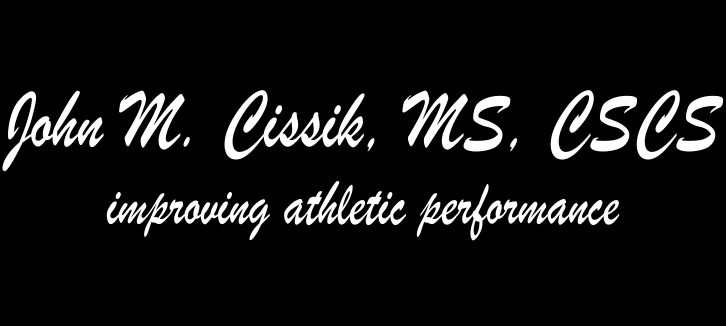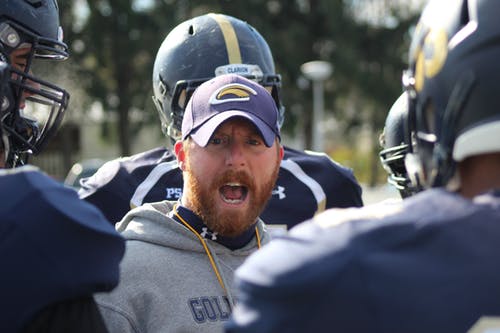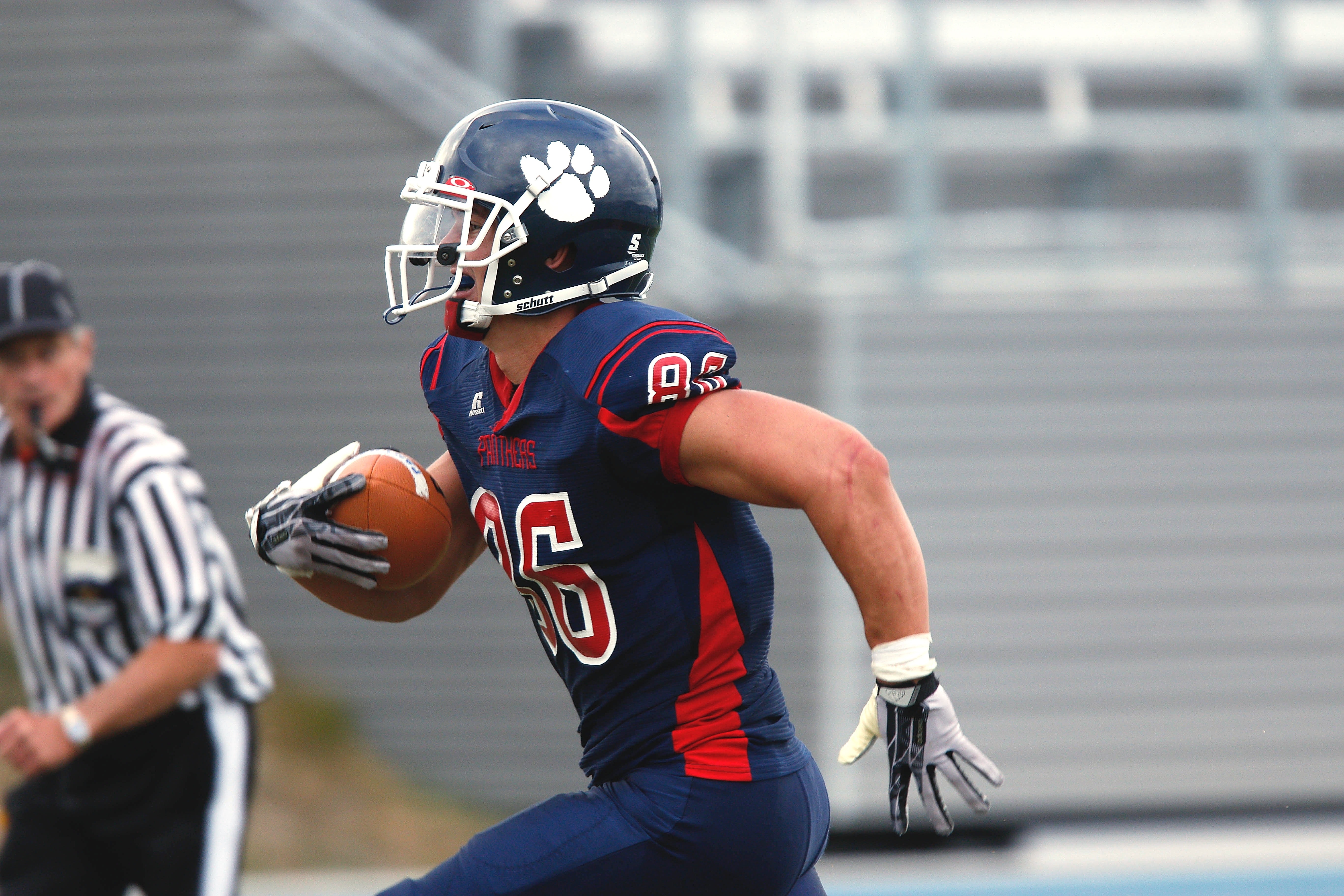Coaches spend a lot of time talking about culture and the intangibles that athletes receive from participation in sports. The following is a non-exhaustive list of qualities that we’d all like for our athletes to have as a result of their sports experience:
- Service mentality
- Discipline
- Responsibility
- Grit
- Hard work
- Success mentality
- Leadership
Coaches work hard to deliberately build programs that incorporate, glorify, and develop these values and others. Having said that, we’re all human and we can easily make mistakes, say things, and perform actions that tear down these values.
In this blog, we’re going to recognize that as people we are going to make mistakes and say/do dumb things, but there are things that we can do to minimize how destructive these can be.
Clear communication:
This is huge. Vague communication gets people in trouble. Let me give you an example. Let’s say I have an athlete that is struggling in his math class, struggling so much that he’s not going to be able to participate in the sport. I talk to his position coach and ask the position coach to “Help him pass math.”
Sounds innocent right? Now, I wanted the coach to get the athlete some help with a study group with some of the other team members that have math as a strength. Well my position coach is a new coach, doesn’t know me very well, is very motivated, and wants to look good. So he goes and threatens the math teacher, then has some of the other athletes on the team do the student’s homework for him.
The position coach is at fault right? Yes and no, ultimately I’m at fault as the head coach because he’s doing what he thought I wanted done. Now he could have asked questions, but it was on me to communicate very clearly with the position coach so that misunderstandings didn’t occur.
The need for clear communications is even stronger when there is something that students are running.
How do your traditions look to outsiders?
Bonding is important. Establishing traditions and culture are important. However, today isn’t twenty years ago and we’re not going to be rolling the clock back. If you cannot handle that then you are in the wrong profession.
You have to carefully consider how traditions would look on social media if they are taken out of context. If you articulate any kind of bonding tradition that the students run, and it gets out of hand, it’s not going to be the students’ fault – it’ll be the coach’s fault for failing to supervise it and creating the environment for that to happen. It will also end up on social media, where perception is reality, and there’s a great chance that lawyers will get involved.
So here’s what I’m going to suggest. The coach needs to be involved in traditions that bond and establish culture. The coach needs to be there. It could be summer workouts, it could be a dinner with seniors and freshmen, or it could be an outing like a ropes course. Nobody is saying don’t bond, but think about it first.
Responsibility/Own your mistakes
Everyone makes mistakes. I tell my athletes that I’m going to say/do at least one really stupid thing every practice. My adrenalin gets going, I’m excited for them, and sometimes my brain and my mouth don’t work together very well. It happens.
Just like your athletes though, it’s important that when you make mistakes that you set a great example and own them. It may also keep a serious scandal from happening.
Let’s take our math example from above. Once all that goes down, I can ignore the whole thing and act like it never happened. Then, when word gets out about it I can blame the position coach and get him fired. Now, this never works. It’s going to come out and then not only am I going to look like a person with no integrity, but I’m also going to look like a person running a dirty program.
The other options is to talk to the position coach and the students involved, lay out my mistake and what I had wanted to happen, and make sure they understand. I’m also going to need to talk to the math teacher, apologize profusely and explain this whole thing. I’ll need to talk to some parents and administration. It may cost me my job, but it also may not. At this point I’ve done everything with integrity, owned my mistake, and set a great example for my coaches and athletes.
Leadership is a privilege:
Despite what some people say, you don’t often get drafted into leadership positions. Most of us go out of our way to ask to be the head coach or be the strength and conditioning coach. But, by asking for the “glory” we are also asking to accept the responsibility that leadership brings. That responsibility means defining the program, setting/modeling the values of the program, being the face of the program, and accepting responsibility for those things that happen in our name as part of our program. Failing to do those things indicates that we don’t understand what a privilege leadership is and this lack of understanding reflects the kind of leader that I don’t want.




1 thought on “Leadership is a Privilege”
John, a try to improve my communications skills with every conversation I have.
I will listen to hear what they are saying and not listen to only respond.
Comments are closed.